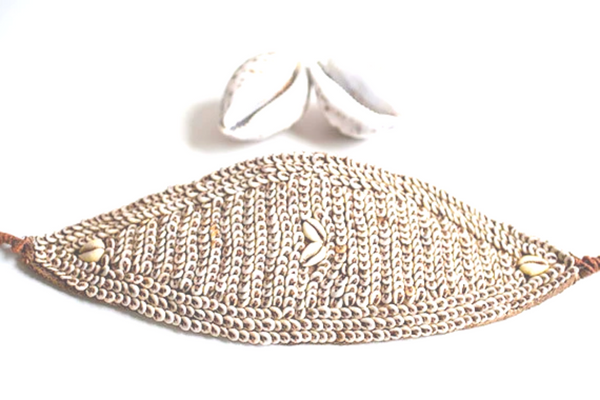
Every Girl Wants A Man Who Can Pay Bride Price
- Category: Gender
- Date 04-10-2009
- 1680 views
Women activists in Uganda have proposed that bride price should be abolished and non-refundable if previously paid. Accordingly, marriage should become absolutely free so that a boy and girl, while preparing to marry, would start from a clean slate; at an ‘equal footing’.
They advanced numerous reasons, including absurd ones, for instance that bride price places a woman at the rank of a man’s property acquired through a specific expense. This, they add, obliges many women to succumb to their husbands’ awkward whims and endure indescribable marital abuse. Without bride-price, a woman would thus find it easy to claim her rights or just march out of marriage with ease.
In actual sense, these advocates are barking the wrong tree. Not every woman for whom nothing was paid as bride-price is ultimately happier in marriage than all for whom something was.
There are many unmarried women (without husbands to abuse them) who are so miserable; they wish they were married and bride-price paid even if it guaranteed them an amount of distress. Interestingly, most anti-bride price crusaders have not refunded whatever may have been paid for their bride price to show how strongly they are against this ancient tradition.
There is no way domestic violence can be stopped through the abolition of the age-old custom of paying bride price. Hostility and discord in homes is neither a consequence of an earlier payment nor of marriage between a man and woman. It is such a natural tendency that if a woman lived with another in so intimate a relationship as a man does with a woman - sharing everything from one’s body to a bed and roof, to other personal property and children - conflicts would not be less.
ADVERTISEMENT
Women only need the confidence to constructively engage their husbands in managing their families. Misunderstandings in all partnerships are inevitable, and if two people in a business agree all the time, it means that one of them is not necessary.
It has also been said that bride price devalues the girl-child, with parents viewing their daughters as sellable products. Thus many girls are forced to drop out of school so that parents can earn early from them. However, there are not many parents lamenting over producing more boys than girls and therefore facing the risk languishing in poverty.
The value of bride price can never be overemphasised. It is a premonition of the couple’s future success and the prospective husband’s expression of dynamism and ability to make a prosperous family. Every woman wants a promising man. Bride price obliges a young man to work hard in preparation for starting a family and, instead of condemning it, women activists should challenge girls to reciprocate with hard-earned gifts at their wedding so that there is value from each side.
A family is an investment in which partners should ultimately reap profits and so it should never start from a blank field. Unfortunately, most girls walk into marriage empty-handed! Rather than fight the tradition that inspires hard work, we should encourage girls and their families to raise resources and give equivalent gifts to their in-laws to prove their worth. Most boys and their families would be thrilled by the gifts.
Many a girl is ashamed of marrying a boy who can easily be perceived as bankrupt. She thus contributes secretly to the boys’ side to avoid embarrassment before her own relatives - to have accepted a broke bloke. There is need for capacity-building so that ladies can openly offer rewards to the boys’ family as an expression of love and trust.
To a man, bride price is a sign of sacrifice on his part and his family’s; a demonstration of their readiness to surrender whatever they treasure for the sake of the girl the boy loves. It is a full expression of the boy’s desire to take his bride at all costs. If this cannot generate love and minimise abuse, then nothing will.
By Venansio Ahabwe
Source: The Comrade, The Guardian on Sunday
